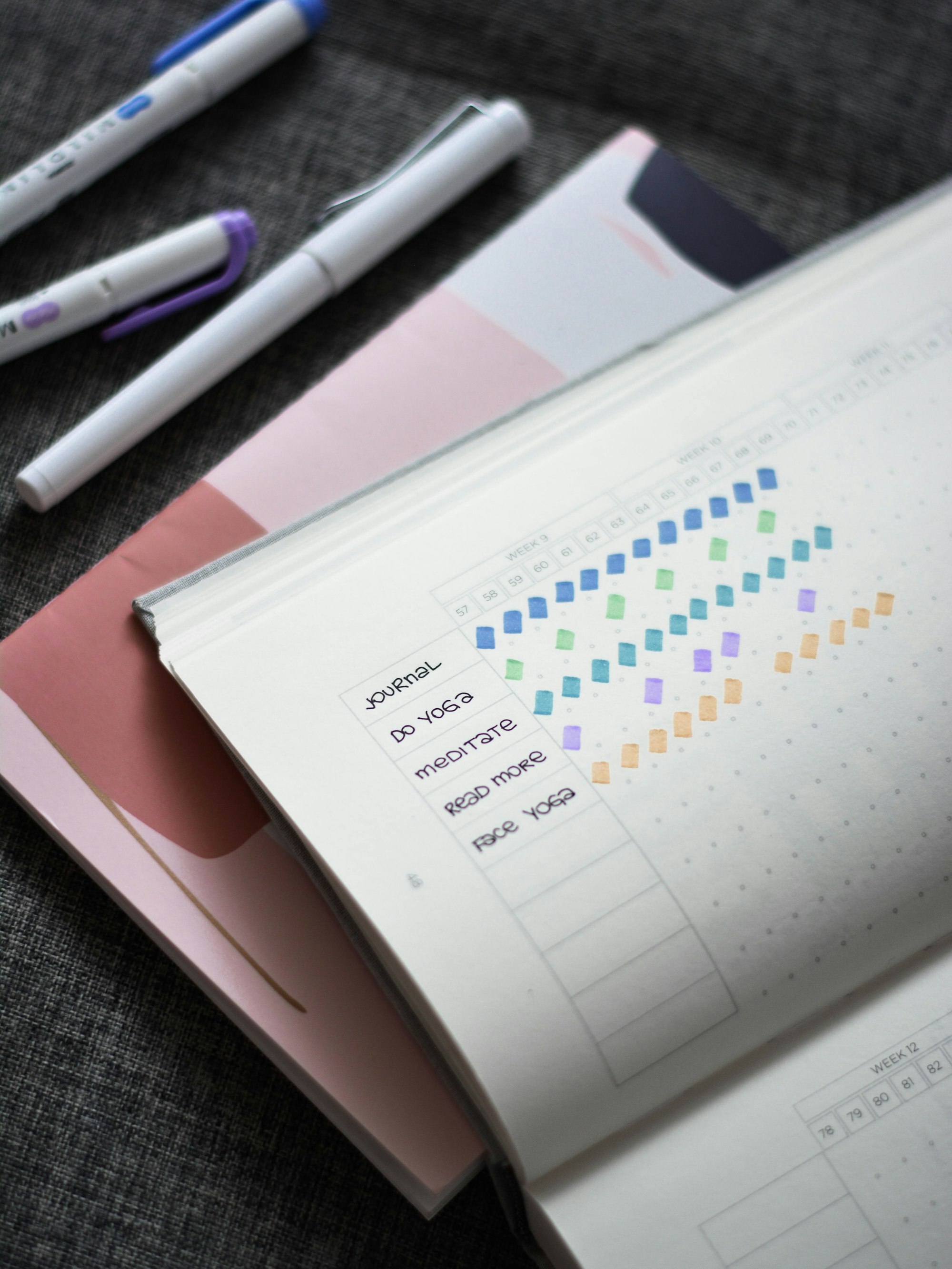How to implement tiny changes to achieve massive progress within a year

Your progress and growth over a year will be remarkable if you strive to improve daily.
"Most people underestimate what they can do in a year, and overestimate what they can do in a day"
The broken windows theory suggests that if minor crimes and disorders are not addressed, people will break into buildings and commit more serious crimes. In 1994, the police in New York cracked down on minor offences to help reduce crime rates. Admiral William H. McRaven's commencement speech went viral, advocating for the inverse broken windows effect, which suggests that small positive tasks can lead to more positive outcomes. Making small changes to improve one's life can have big payoffs in the long run.

Tiny changes = Little willpower needed.
As I'm sure you know by now reading this blog, I never tire of pointing out how important it is to manage your willpower. If you don't accomplish your most important projects right in the morning, you won't have the strength to do them in the afternoon and evening.
The same applies when you set out to make changes for yourself: the changes must not be so significant that they exceed your willpower capacity. Nor must the changes be planned so that they are based only on willpower (i.e. you force yourself to do or not to do something).
Instead, it is much more clever to focus on the power of habits. That is, to plan changes so that they almost don't feel like changes but only like slight modifications in your daily routines. In his famous book, James Clear calls these tiny changes "Atomic Habits" (recommended reading).
Over an extended period, these tiny changes will accumulate into massive progress whose magnitude will surprise you (compounding interest effects).

The trick is to maintain a consistent cadence and not do a lot at once.
Let's make this approach somewhat tangible via a few examples.
Example: Losing weight.
The wrong approach is to tell yourself that you're just going to eat half for a few weeks and exercise for an hour every day. It costs you too much willpower and will lead to a yo-yo effect.
The right approach is to think about your past patterns in your diet and identify small opportunities for positive change. Let's say you eat a yoghurt every day with 250kcal; then you could decide to skip that yoghurt.
Now, of course, you're thinking, how will this small change lead to success in losing weight? The effect comes from large numbers. Let's do the math:
- You save 250kcal every day for seven days. That's 1.750 kcal per week.
- 7000kcal is about 1kg of body fat, i.e. these 1750kcal correspond to a decrease of 250gr body weight.
- That means you lose 1kg per month and 12kg per year.
That's not bad for a small change that costs you almost no willpower, right?
Further examples of the tiny change concept
- Learning by reading. The wrong approach is to read every weekend from morning to night. You will quickly give up on that. The right system is to commit to reading for 30 minutes every morning or night. This leads to a cadence of one book every 10-14 days. That means you will have read 26 books in a year.
- Running to improve endurance. I am a skilled runner, but I feel a strong inner resistance when I have to run more than 7-8 kilometres. I do it sometimes, but it gives me no pleasure. And this lack of joy would lead me to run less and less. It is much more clever to leave the running at short rounds (30-40 minutes are ideal) and to go running every other day or so. This approach also leads to >100 hours of runs per year, which s is enough to train your VO2Max (your lung capacity) well and to reap the endurance benefits without straining yourself too much.
- Creativity & Art. 10.000 hours of practice and trial&error make the expert, so they say. Suppose you want to become a good writer. Then you could plan to write a book during your two-week vacation to get in some practice time. A 400-page book has about 100,000 words. That means you would have to produce a little over 7,000 words every day. This is doable but not a good idea. You'll quickly lose interest and burn yourself out. For Deliberate-Diligence.com, I do it this way: I write blog articles every day after I get up for precisely 45 minutes. That's enough to publish a 1500-word blog article every two days. This is a much more friendly approach and leads to 270,000 words over a year, enough content for two big books.

Conclusion
If you want to change things in your life, don't think in terms of one-time actions but in terms of tiny sustainable changes. This is the only way that works for us humans. Otherwise, your change project will collapse as soon as your willpower is exhausted or needed elsewhere.
That approach has resolved many of my issues in the last five years. The need for change seemed impossible initially, but I succeeded eventually with tiny changes and a consistent cadence.
What do you think? Feel free to add your tips and thoughts to this page's comment section, Twitter or LinkedIn!
Best regards,
-- Martin from Deliberate-Diligence.com

Discussion